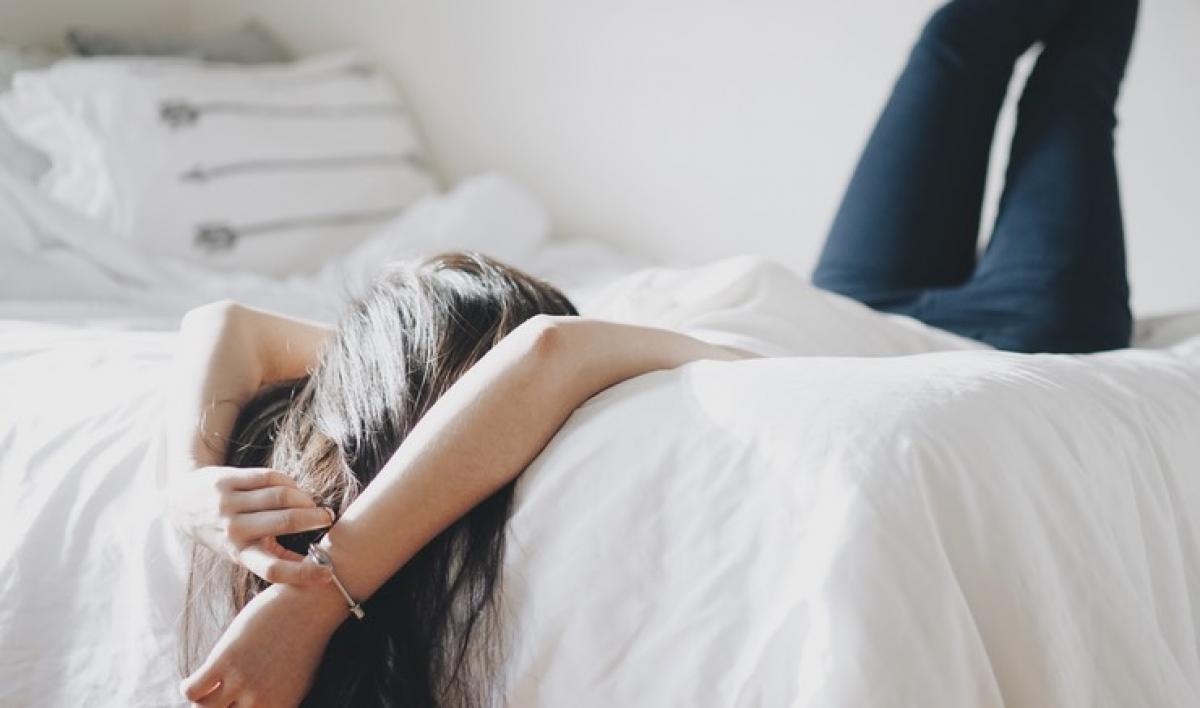Live
- Teaser Of Raja Raveendar Starrer Family Entertainer 'Sarangadariya' Is Unveiled By Hero Sree Vishnu
- 'Yamraj' files nomination as Independent for Maharashtra's Madha LS seat
- A special ward is set up in the general hospital for the treatment of sunburn
- UP's glass skywalk to open after Lok Sabha polls in Chitrakoot
- Two nominations on the first day in the district
- 'Hotels are full, sleeping on the floor': Two Indian wrestlers stranded at Dubai airport
- Excise policy case: Delhi court sends Chanpreet Singh to judicial custody till April 23
- DC BM Santhosh Visits Alampur to inspect water supply
- Russian regions fight flood as water levels remain high
- Nestle baby food sugar study causes concern in India, Nestle India's shares fall









